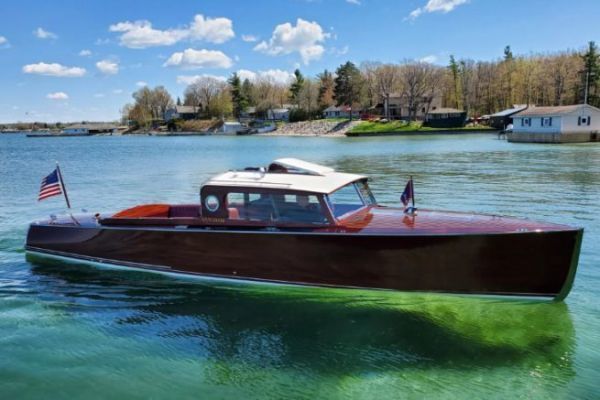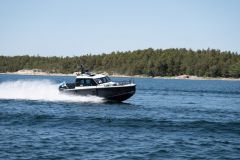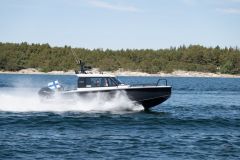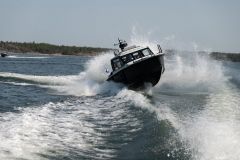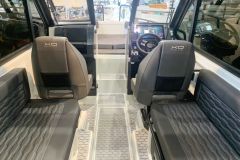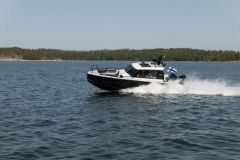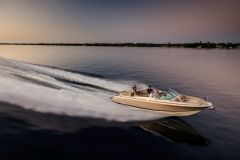Born at the beginning of the 20th century, the Commuter Boat was first and foremost a means of transport used by businessmen and traders in the New York area, but also in Boston, Chicago and a few other American metropolises with a waterfront, river or lake.
Well-defined criteria
From there, the Commuter boat had to meet a few basic requirements.
- A medium size
Most Commuter Boats measured between 20 and 40 feet, a size large enough to accommodate a cabin and remain comfortable in the sea, but small enough to easily find a place at the foot of Manhattan's towers.
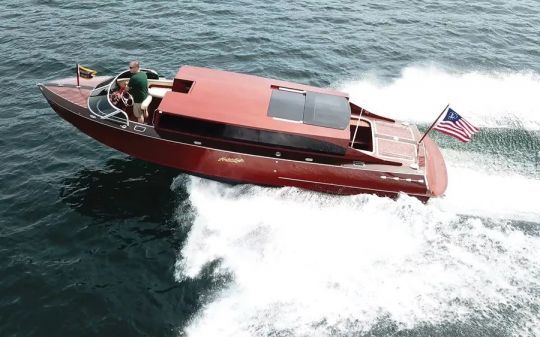
- A fast boat
For the wealthy New Yorkers of Long Island, the goal was to get to Manhattan faster than if they had to take the train or even use an automobile. For this reason, the boat had to be fast. They were powered by inboard engines, some bearing the emblems of famous European manufacturers such as Ferrari, Alfa Romeo and others.
- A comfortable cabin
Many models include a covered cabin or cockpit to provide protection from the weather, along with seating, simple navigation systems. Most of them were able to carry several people and the possibility of having a meal on board.
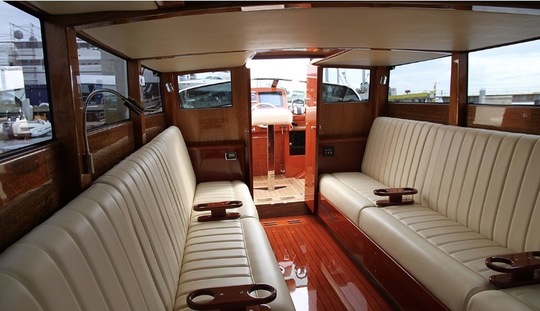
- A sleek, elegant design
Last but not least, being owned by wealthy families, these boats had to have an elegant look with sleek, narrow hulls optimized for speed and efficiency on calm waters. Traditional models often feature wood construction, such as mahogany or teak, with a classic, elegant aesthetic, high-level finishes, perfect varnishes and sophisticated equipment for the time
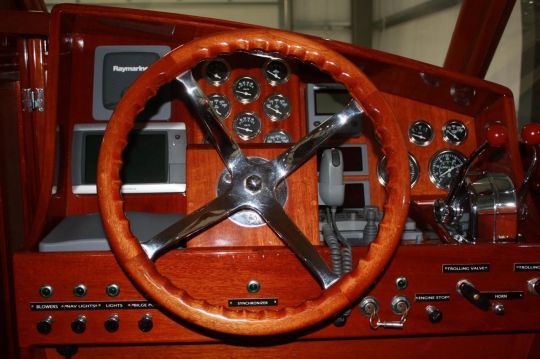
Among the names that made this kind of boat a success were brands such as Chris-Craft, Hacker-Craft and Hutchinson, but there were also many independent yards that built custom boats, such as Stephens Brothers and Robbe and Berking.

